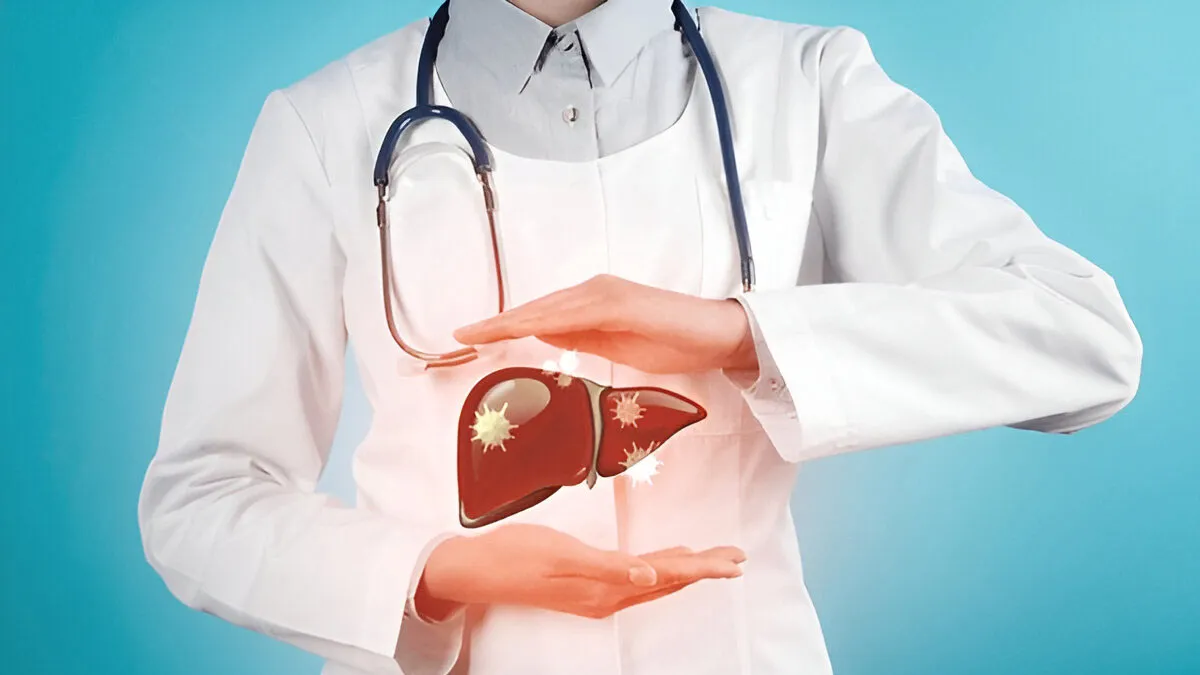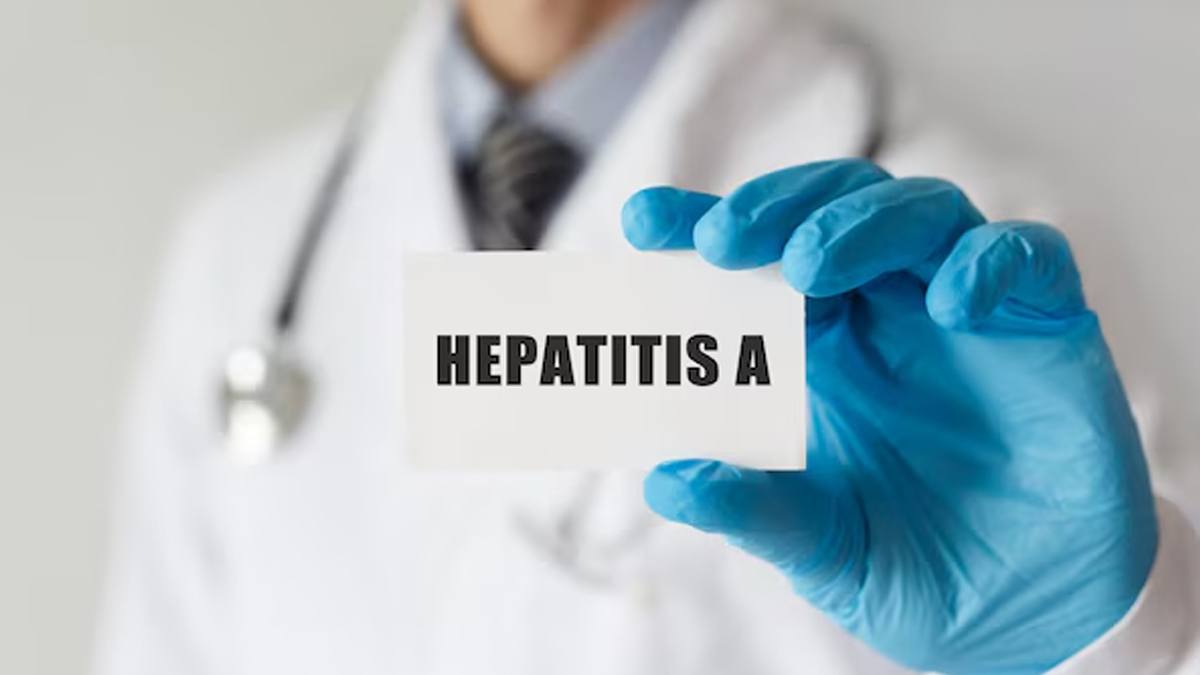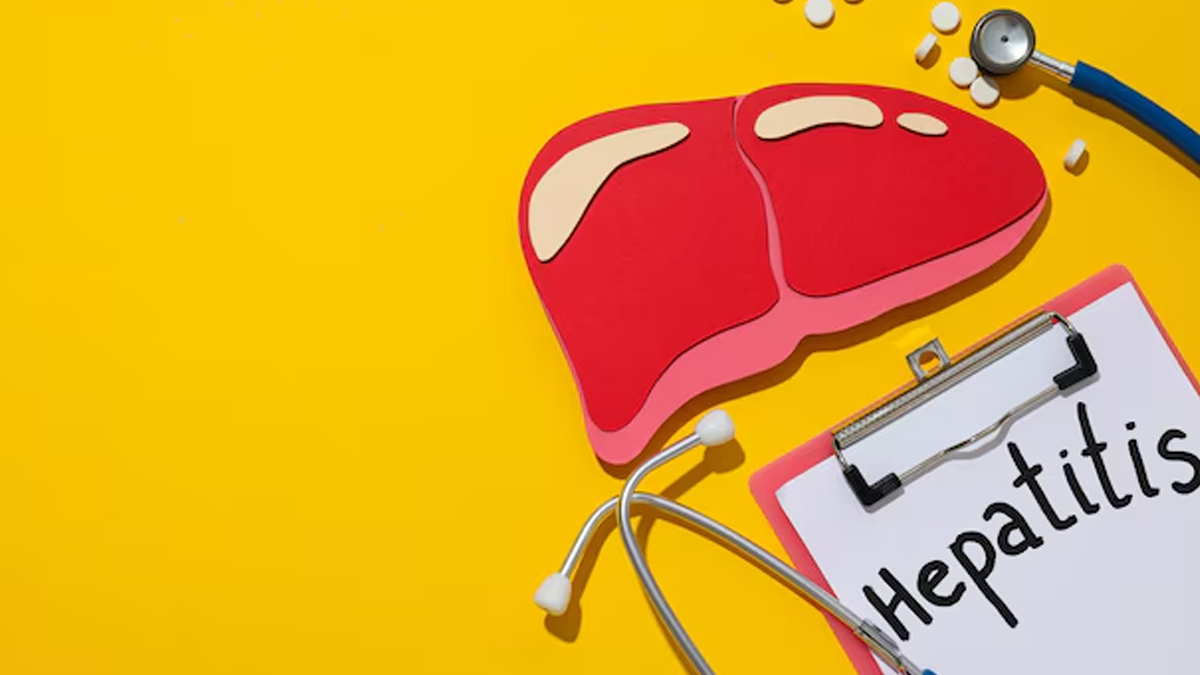
Kerala is currently battling an alarming rise in hepatitis A cases. As of April 16, 2025, the state has reported over 3,000 cases and 16 deaths, a significant rise from the previous year’s total of 7,943 cases and 81 deaths, with more than 50 cases already documented in May 2025.
Table of Content:-
The outbreak, which is spreading across districts like Ernakulam, Malappuram, Kozhikode, and Thrissur, comes at a vulnerable time, with monsoon clouds adding to worries about further transmission. The OnlyMyHealth team spoke to experts to understand the cause of such a steep rise in hepatitis A cases and what people can do to protect themselves and safeguard their families.
Also Read: Hepatitis Testing Day 2025: What Is The Difference Between Hepatitis B And Jaundice?
What Is Hepatitis A?

Hepatitis A is a liver inflammation caused by the hepatitis A virus. It's a contagious infection that can be spread through contaminated food, water, or close contact with an infected person. While hepatitis A often resolves on its own, it can cause a range of symptoms, including severe complications like liver failure in rare cases.
According to the World Health Organization (WHO), hepatitis A does not cause chronic liver disease, but it can cause mild to severe symptoms. In 2016, the WHO estimated that 7134 persons died from hepatitis A worldwide.
Symptoms Of Hepatitis A

According to StatPearls Publishing, the incubation period for hepatitis A is typically around 28 days. Some of the common symptoms include:
- Fatigue: Feeling extremely tired or weak.
- Nausea and vomiting: Feeling queasy or vomiting.
- Abdominal pain: Pain or discomfort in the abdomen.
- Loss of appetite: Reduced desire to eat.
- Jaundice: Yellowing of the skin and eyes.
- Dark urine: Urine may appear darker than usual.
- Pale stools: Stools may appear lighter or clay-coloured.
- Fever: Mild fever may occur.
What Could Be Driving The Current Hepatitis A Outbreak In Kerala?
In an interaction with the OnlyMyHealth team, Dr Anupama N K, Consultant - Medical Gastroenterology, Aster CMI Hospital, Bengaluru, said, "Hepatitis A outbreaks are usually caused by eating or drinking food or water contaminated with the hepatitis A virus." This happens when proper hygiene and sanitation are not followed, especially if water sources are dirty or food is handled with unclean hands.
According to Dr Anupama, the virus spreads through the faecal-oral route, meaning it can pass from an infected person to others through contaminated surfaces, food, or drinks.
She added that outbreaks are more likely in crowded places, during social gatherings, or in areas with poor water treatment. Safe drinking water, clean toilets, handwashing, and vaccination are the best ways to prevent its spread.
Dr Manoj Gupta, Head of Liver Transplant and Surgical Gastroenterology, PSRI Hospital, Delhi, further explained that poor sanitation, unhygienic food handling, and a growing number of susceptible adults — who may not have been previously exposed to the hepatitis A virus — contribute to the alarming rise in cases.
Also Read: Hepatitis A Outbreak In Kerala: Over 100 Cases Reported In Ernakulam, Confirms Health Department
Who Is Most At Risk?

Dr Gupta shares a list of people who are at higher risk of developing severe hepatitis A disease. These include:
- Older adults: People over 50 years old are more likely to experience severe symptoms and complications.
- Underlying medical conditions: Individuals with pre-existing liver disease, such as hepatitis B or C, or other chronic health conditions may be more susceptible to severe disease.
- Weakened immune system: People with weakened immune systems, such as those with HIV/AIDS or taking immunosuppressive medications, may be more vulnerable to severe disease.
How Can People Protect Themselves From Getting Infected With Hepatitis A?
To protect yourself and your family from hepatitis A:
- Get vaccinated: Hepatitis A vaccine is highly effective in preventing the disease.
- Practice good hygiene: Wash hands frequently with soap and water, especially after using the bathroom, before eating, and after handling food.
- Avoid contaminated food and water: Ensure food is handled and cooked properly, and drink safe water.
- Avoid close contact with infected individuals: If someone in your household has hepatitis A, take precautions to avoid close contact.
- Use proper sanitation: Ensure proper disposal of human waste and maintain good sanitation practices.
A Final Word
The rising number of hepatitis A cases has raised concerns across India. However, with proper sanitation measures and hygiene practices, the spread of the infection can be curbed. Additionally, it is important to know when one should seek immediate medical attention in case of severe infection.
Dr Aupama said, “A person should see a doctor if they experience symptoms like fever, fatigue, nausea, vomiting, stomach pain, or loss of appetite that last for more than a couple of days and especially if they develop jaundice (yellowing of the skin or eyes), dark urine, or pale stools.
“Anyone who has been in close contact with someone diagnosed with hepatitis A or has eaten or drunk something possibly contaminated should also seek medical advice.
Early diagnosis helps manage symptoms and prevent the spread of the virus to others. “If you have existing liver issues, don't delay seeing a doctor,” she concluded.
Also watch this video
How we keep this article up to date:
We work with experts and keep a close eye on the latest in health and wellness. Whenever there is a new research or helpful information, we update our articles with accurate and useful advice.
Current Version